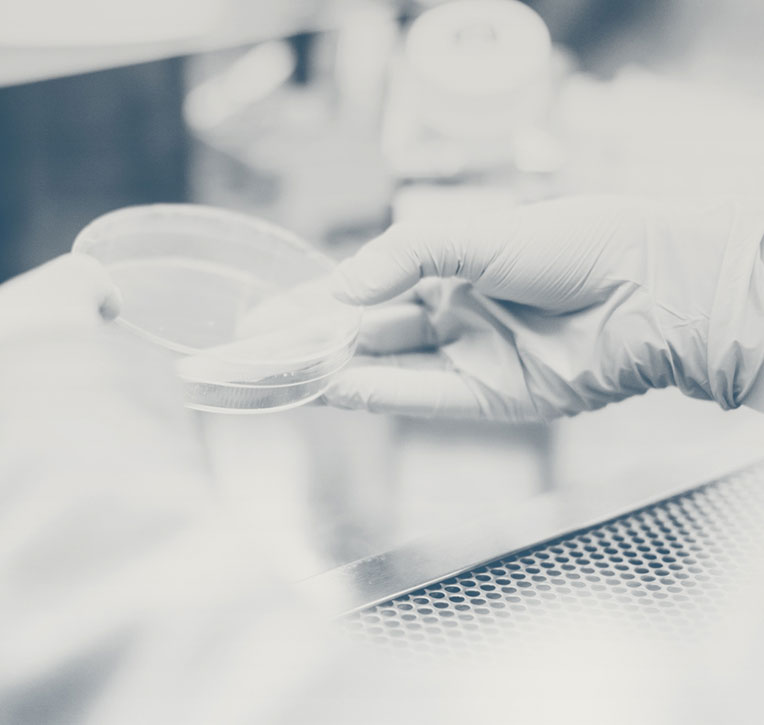
2021
Huanhuan Joyce Chen, PharmD, PhD
Assistant Professor, The Pritzker School of Molecular Engineering, The Ben May Department for Cancer Research, University of Chicago
Detecting and Decoding Polarization of Tumor-Associated Macrophage Using Human Pluripotent Stem Cell-Derived Cellular Sensor
A human pluripotent stem cell- based model to study Tumor Associated Macrophages
Macrophages are highly plastic cells capable of diverse functions; they are key players in the innate immune system and a big part of the tumor microenvironment. The tumor associated macrophages (TAMs) can exhibit anti-tumor or pro-tumor activities, depending on the stage of disease; they are a great potential target for cancer immunotherapy. However, research progress on TAMs has been hindered because animal models do not provide a perfect reflection for research on human TAMs; and there are few human cell-based models that truly represent the main features of TAMs and enable tracking their polarization during tumor progression.
Dr. Chen has developed a new method to generate macrophages and cancerous cells in pairs from the same cell source of human pluripotent stem cells (hPSCs). This strategy overcomes several major limitations when studying human immune cells in disease and provides theoretically unlimited cell resources for reliable studies. Further, Dr. Chen believes she can engineer the hPSC-derived cells with a sensor system that will time-lapse detect whether the TAMs are operating as cancer “allies” or “enemies”, during disease progression. This research platform allows study of TAMs in cancer in a greater depth, in a rigorous human system with controllable environment and genetic factors. She hopes to be able to identify a whole group of genetic or epigenetic master regulators that either initiate or promote the functional switch of TAMs. Once identified, these master regulators could serve as valuable targets for cancer immunotherapy.